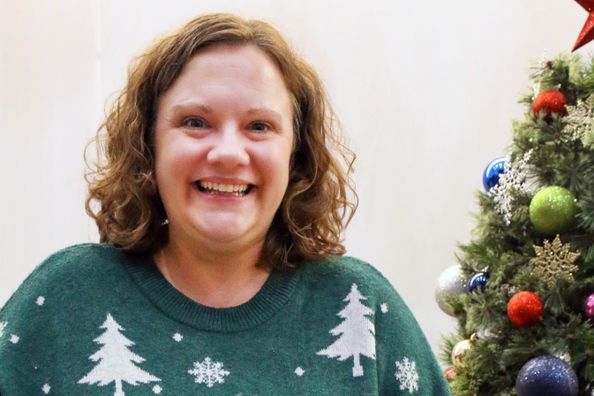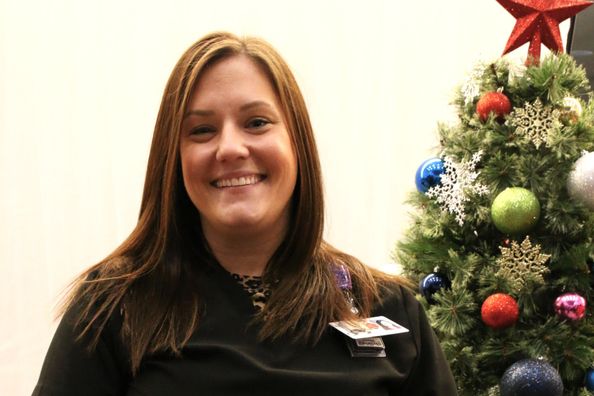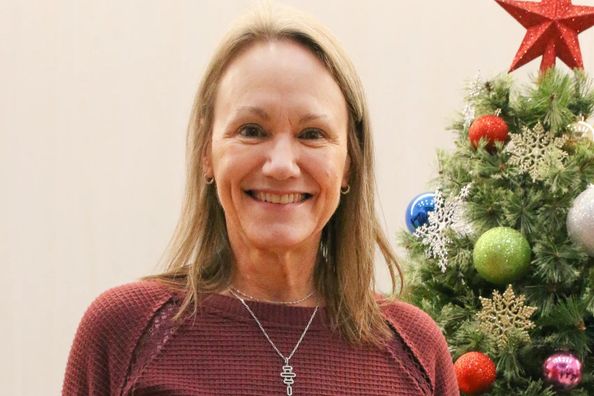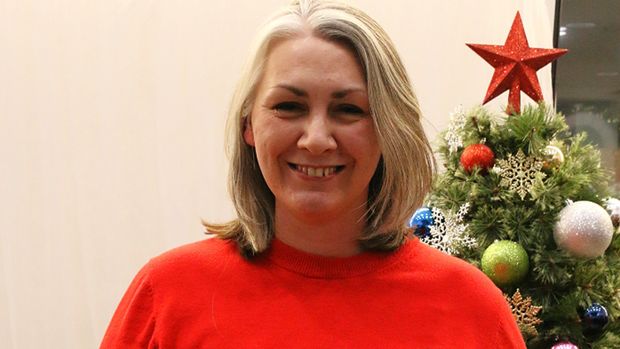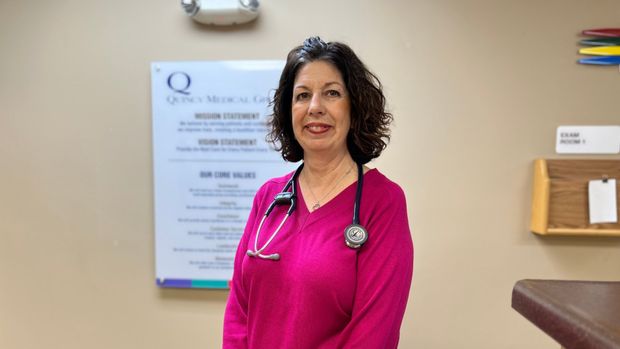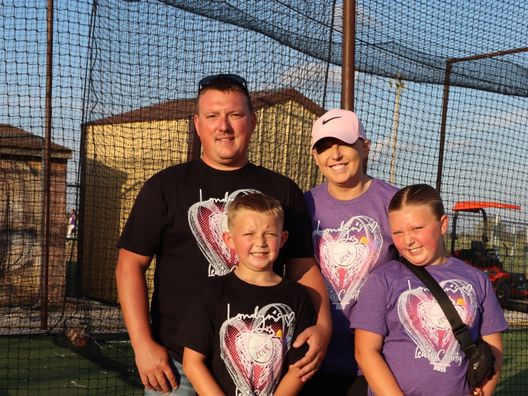As the world celebrates International Women’s Day, it is important to recognize the incredible accomplishments of women in various fields. One such woman is Niharika Yedla, MD, an endocrinologist at Quincy Medical Group (QMG). Dr. Yedla grew up in New Delhi, India, and followed in her mother’s footsteps to become a doctor. Her story is a testament to the importance of having strong role models and the impact of a career in medicine.
“Since I was very young, whenever someone asked me what I wanted to become when I grow up, I would always say ‘a doctor.’ Initially, I probably just wanted to emulate my mother,” said Dr. Yedla. “We would sometimes visit her in the hospital on her call days, and I would roam around the hospital floors with fascination.”
To this day, she can still remember the distinct “[operating room] smell” of her mother’s scrubs. Her mother would always tell her that being a doctor was not just a job but a way to give back.
“My mother would always say, ‘Being a doctor gives you an opportunity to help and take care of so many people for life. It’s not just a career choice but also your contribution to society,’” she said.
Her mother’s long hours and late-night calls, working weekends and holidays, were an integral part of Dr. Yedla’s childhood. Growing up with a physician mother, she saw firsthand the sacrifices and hard work that came with the job.
“It had different impacts on me. On one hand, I felt very proud of her and would look up to her. I saw how everyone we met, across age groups, would respect her,” she shared. “But, I also realized how busy she was, and sometimes missed her being around. Whether it was the mornings when my dad had to get us ready for school or the rushed parent-teacher meetings, I realized my mom was treading on this delicate work-life balance.”
Despite the challenges, Dr. Yedla was determined to follow in her mother’s footsteps and become a doctor. Her journey to becoming a physician was not an easy one. It required a lot of hard work and dedication. She’s honored to be a doctor today and recognizes the importance of women in medicine.
“I feel women have a different approach and sensibility towards things. Medicine isn’t only about knowledge, algorithms, and guidelines. It also involves a lot of empathy, the ability to listen, patient counseling, and advocacy. Women inherently have that ‘caretaker’ in them,” Dr. Yedla said. “For the right balance in patient care, women should feel equally responsible towards medical research, forming guidelines, providing clinical care, and medical administration.”
Dr. Yedla now truly understands those wise words her mom shared with her — being a doctor is more than a job, it’s a contribution to society.
“I feel it’s the best job in the whole world and I wouldn’t have done anything differently,” she shared. “It takes a lot of hard work and dedication, a lot of guts, but the results are even more rewarding and gratifying. Hard work always pays off.”
The rewarding moments come in the form of helping her patients. The relationships she has with them is special and continually remind her of her purpose as a physician.
“The best moments are when your patients feel like you helped them, when they smile, thank you, and let you know they appreciate what you do for them. Those moments make all the hard work worth it,” Dr. Yedla said.
Health Topics:


